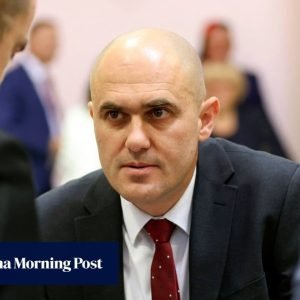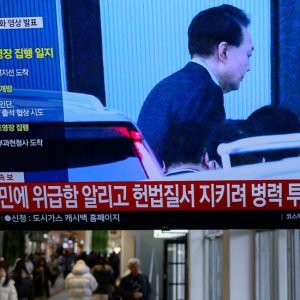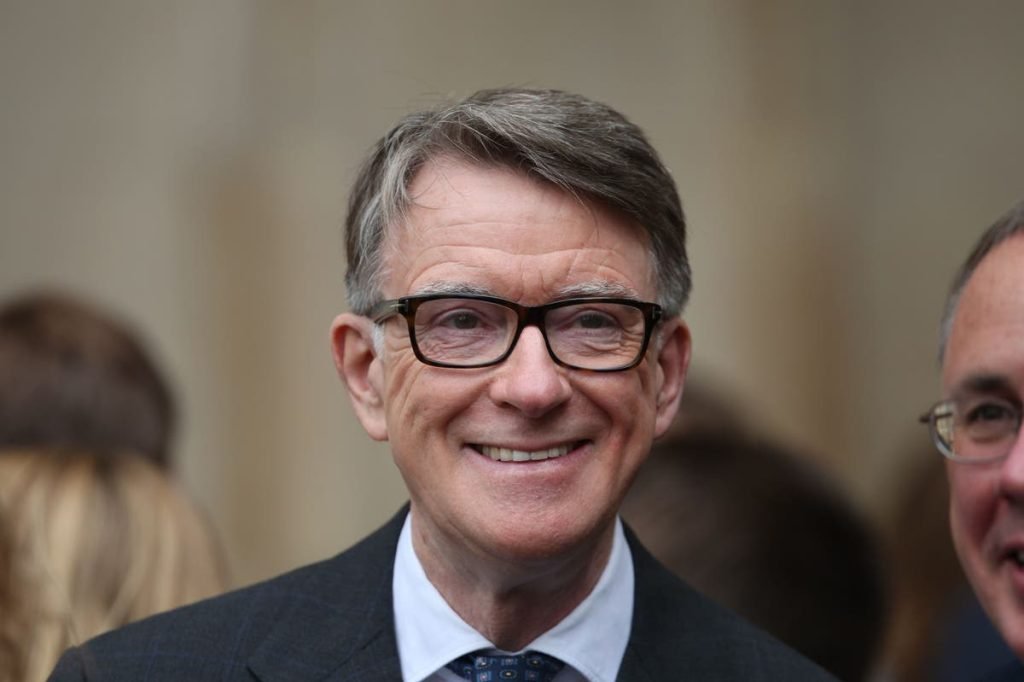
Donald Trump is considering rejecting Keir Starmer’s nominee for UK ambassador to the US in what would be an extremely rare move.
Mar-a-Lago sources within the Trump team have told The Independent that it is still not certain Lord Peter Mandelson’s credentials will be accepted by Trump after he becomes president.
While the threat of rejecting Mandelson could be sabre rattling, strains between Sir Keir Starmer’s Labour government and the incoming administration are being blamed. However, there also are concerns about Lord Mandelson’s perceived links to China.
Labour has told the Trump transition team that “it is a huge compliment” Sir Keir wants to send such a senior Labour figure, but a source noted: “We are not buying that.”
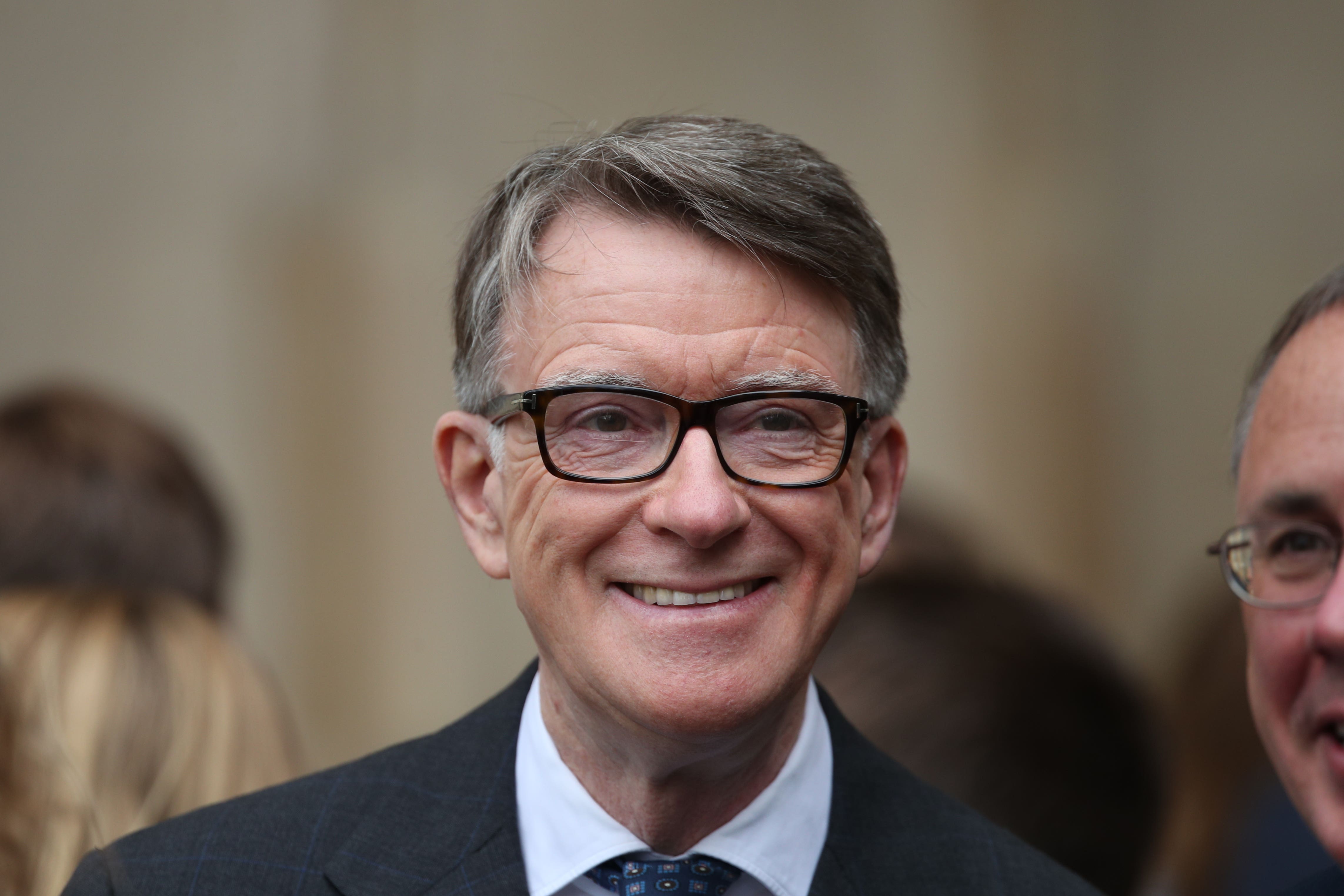
It was noted at the pre-inauguration party hosted by Nigel Farage on Friday night overlooking the White House, Lord Mandelson did not attend even though he had been invited to help build bridges with key members of the Trump team.
The outgoing UK ambassador in Washington Dame Karen Pierce, who has impressed the transition team, was there.
For an ambassadorial nominee to formally take up their role, the head of state of the country they have been sent to has to accept the “letters of credence”.
In the UK this is done via the Court of St James where letters are presented to the King and in the US letters have to be presented to the President.
One source told The Independent that strained relations with Trump and Sir Keir’s Labour government continue to be a problem which has “been made worse” by the nomination of Lord Mandelson.
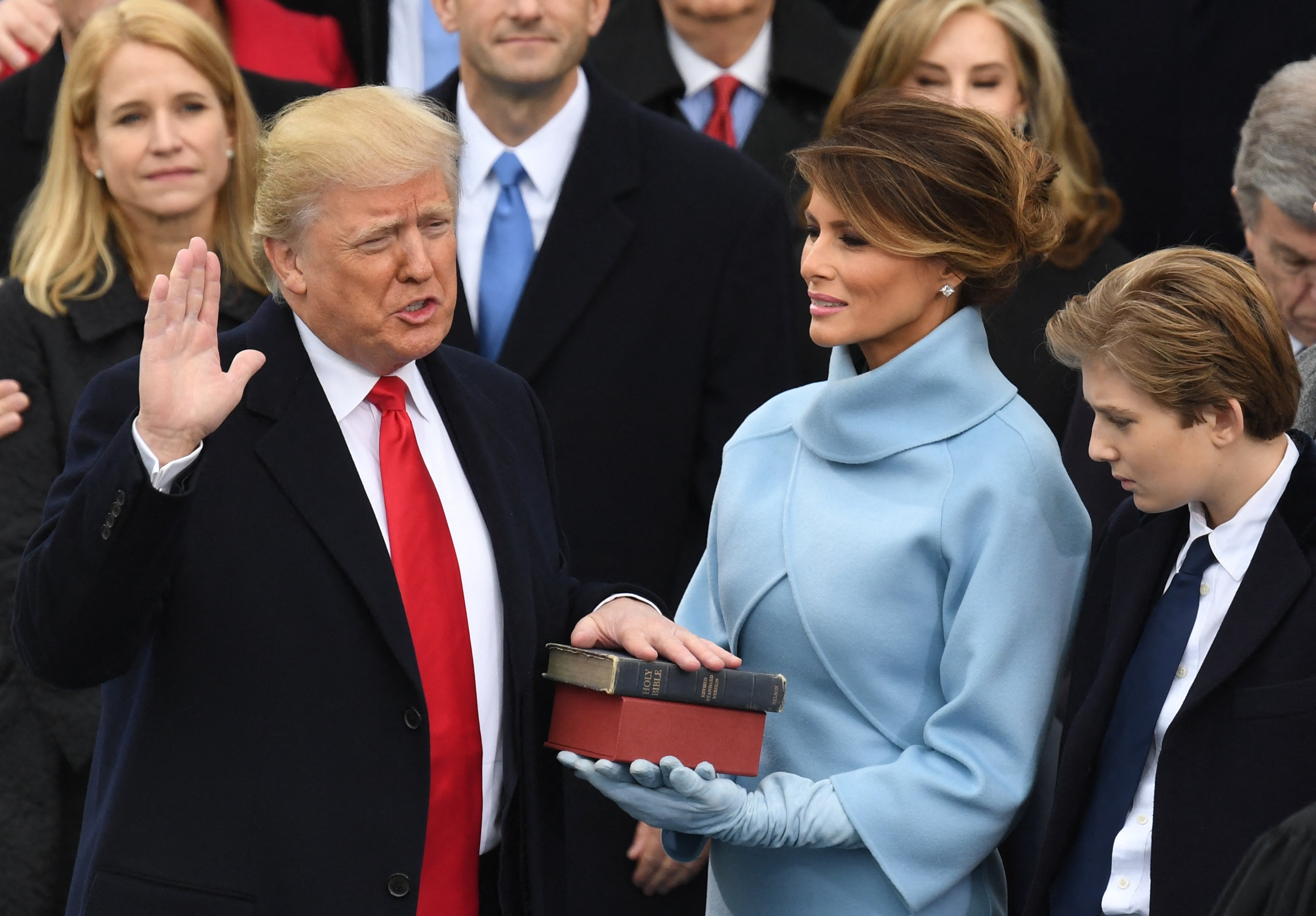
However, it is connections with China which are most alarming to the incoming Trump administration.
“It is quite possible that Mandelson’s credentials could still be rejected,” a source said. “There are serious concerns about his links to China.”
Lord Mandelson has been a strong advocate of close trading and other ties with China even penning an article in 2018 warning that Trump’s antipathy to China was “putting free trade at risk”.
But there is a wider concern about the breakdown of relations with the UK Labour government.
The issues around Elon Musk’s attacks on Sir Keir over alleged policing of social media in the UK have had an impact.
“It [Starmer’s government] is perceived as anti-free speech by the incoming administration,” the source added. “That is a big red line.”

A sense of betrayal felt from the US election by Trump and his team after they hosted Sir Keir Starmer and foreign secretary David Lammy for dinner is also playing into the potential decision on Mandelson.
“Starmer, [foreign secretary David] Lammy and Trump sat down for that dinner,” the source explained. “They make a lot about Lammy being given a second helping by Trump but all that does not matter because Labour then sent out activists to help Kamala Harris. Starmer had a terrible briefing saying Harris would win and his actions after undid any goodwill he may have had.”
Another source added: “Ideally, they would like Labour to pull the Mandelson appointment and keep Dame Karen Pierce in place, but they are worried that if Labour pulls Mandelson, Labour will appoint someone even worse like Kim Darroch, Sadiq Kahn, or some far worse person.”
Lord Mandelson has already dismissed concerns about his nomination and has even suggested working with Farage to win Trump’s trust.
Downing Street pointed to an interview Sir Keir gave to the Financial Times this weekend and an article written by Lord Mandelson for the website of the rightwing US broadcaster Fox News. In the prime minister’s interview said he believes his government can have “a constructive relationship” with the Trump administration.
“What matters to me is my relationship with the US and my relationship with the president-elect,” Sir Keir said. He added that he hopes to get a trade deal “of some sort” with the US during the Trump presidency. It is understood that the choice of Lord Mandelson, a former business secretary and EU commissioner for trade, was partly made with getting a trade deal in mind.
In his conciliatory piece, Lord Mandelson wrote: “The astute among America’s allies will be observing the comprehensive nature of Trump’s November election win. On the numbers alone – across the popular vote and spanning different demographic groups – this victory demonstrated a campaign that responded to the central concerns and interests of a vast swath of the American people.
“Five decades as a politician and latterly as a businessman have taught me always to hear your electorate and listen to your customer. Alliances between foreign nations need to do the same. Foreign relationships must hear these messages and evolve rapidly to deliver for their citizens. The Atlantic alliance cannot simply enjoy its glorious past – it must adapt to new threats and technological challenges.
“I am listening hard to the message that millions of Americans delivered in November.
“As I prepare to start my role as custodian of a decades-old ‘special relationship,’ I reflect on my work with multiple U.S. administrations – Republican and Democrat – across the intensive US-U. relationship. I see three areas of major potential for expanded partnership between Britain and today’s America: economic growth, national security and foreign policy realism.”
